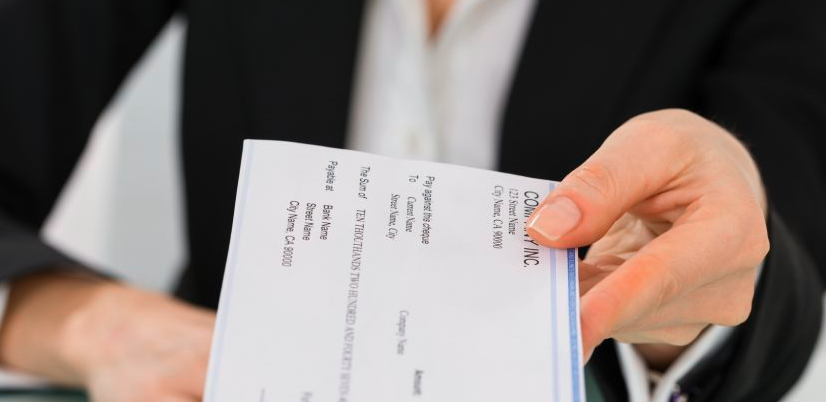Review on Bounced Check
Nov 08, 2023 By Triston Martin
Nonsufficient funds (NSF) prevent the bank from approving a check for payment. Hence the term "bounced check." These checks, often known as rubber checks, are not honored by financial institutions and instead result in nonsufficient funds (NSF) fees being charged to the check's creator.
An offense for passing a bad check can range from a misdemeanor to a felony based on the amount and whether or not it was passed across state lines. Bounced checks occur when the person writing the check does not have enough money in their bank account to cover the amount owed to the person receiving the check.
When a check is returned unpaid by the bank, the depositor may face fines and account closure. Bounced checks can result in more than just a drop in your credit score; they can also cause businesses to stop taking your checks and even get you into legal hot water. To avoid check bounce fees, several banks provide overdraft protection.
A Comprehend of the Bounced Check

People sometimes write faulty checks when they are uninformed that their bank accounts are insufficient. Some people utilize overdraft protection or a linked line of credit to their checking account so that they never have to worry about their checks being returned as unpaid.
Fees, limitations on future check writing, and lower credit scores can all occur from a bounced check. If you have a history of writing bounced checks, stores may refuse to accept checks from you in the future. Many businesses rely on a check verification service to assess the legitimacy of a customer's check. Your check will be declined, and another form of payment will be required if this system identifies a correlation between the check you just provided for payment and previous checks that were returned unpaid.
What are the Costs When a Check Is Returned Unpaid?
The NSF fee is the cost incurred by the account holder when a bank decides to bounce a check because there are insufficient funds in the account. The bank will assess an overdraft (OD) fee if they honor the check despite the negative balance it will cause in the customer's account. The bank may assess a longer overdraft fee if the account balance remains negative.
Overdraft fees range from $0 to $33.47 at financial institutions in 2020. Banks typically charge this fee on transactions, including checks, electronic payments, and some debit card purchases that exceed $24.
When does a bounced check cause trouble?

The costs of bouncing a check at the bank go beyond the amount of the check itself. The payee may also impose a fee in some circumstances. If a customer writes a check to the grocery store and it bounces, the grocery business has the authority to redeposit the check and charge the customer a bounced check fee.
If a check bounces, the payee may notify a debit bureau like ChexSystems, which compiles information about checking and savings accounts, of the problem. Consumers who have had negative information reported to agencies like ChexSystems may have difficulty accessing financial products like checking and savings accounts in the future.
Sometimes, businesses keep a list of clients whose checks have bounced and will not allow them to use the facility again to write checks.
Methods for Preventing Check NSFs
Consumers can limit the amount of rejected checks they write by keeping closer tabs on their checking account balances, either by keeping a check register in which they record every debit and deposit as soon as it occurs or by using online banking.
Overdraft protection is another option for consumers who open a savings account and link it to their checking account. Consumers can also reduce the number of checks they write in favor of paying more freely using cash, debit cards, or instant internet payments like mobile wallets, PayPal, or others.
A bounced check is something that should be avoided. Not only may it be an embarrassing issue with the payee, but it can also lead to further penalties from your bank.
Steve Orlowski, a financial planning specialist, recommends extending an overdraft line of credit to your account. “This is a loan that will automatically go into effect if your bank runs out of money," he continues. "For instance, if you have $900 in your account and write a check for $1,000, the overdraft line of credit will cover the $100 gap. You just borrowed $100 from the bank that you'll have to pay back with interest."
Additionally, Orlowski recommends signing up for helpful alerts if you bank online. With that option, the bank will immediately inform you if your account balance exceeds a harmful threshold. For example, you may create an alert whenever your account slips below $100. When you receive the notice, you'll know that you cannot write any checks for now.








